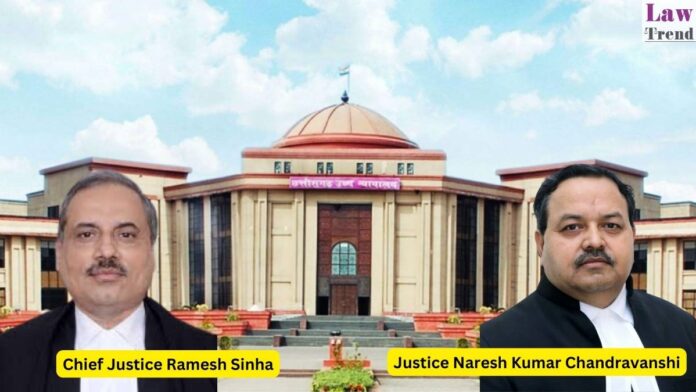A division bench of the Chhattisgarh High Court, comprising Chief Justice Ramesh Sinha and Justice Naresh Kumar Chandravanshi, delivered a landmark judgment in a seniority dispute involving Public Works Department (PWD) engineers. The court ruled that retrospective seniority cannot be granted to an employee for a period when they were not yet part of the
To Read More Please Subscribe to VIP Membership for Unlimited Access to All the Articles, Download Available Copies of Judgments/Order, Acess to Central/State Bare Acts, Advertisement Free Content, Access to More than 4000 Legal Drafts( Readymade Editable Formats of Suits, Petitions, Writs, Legal Notices, Divorce Petitions, 138 Notices, Bail Applications etc.) in Hindi and English.




